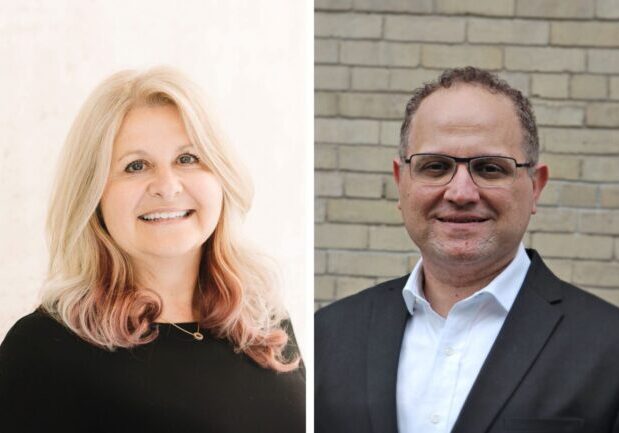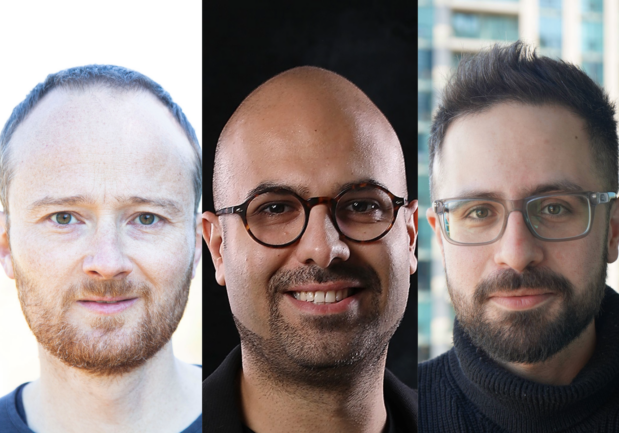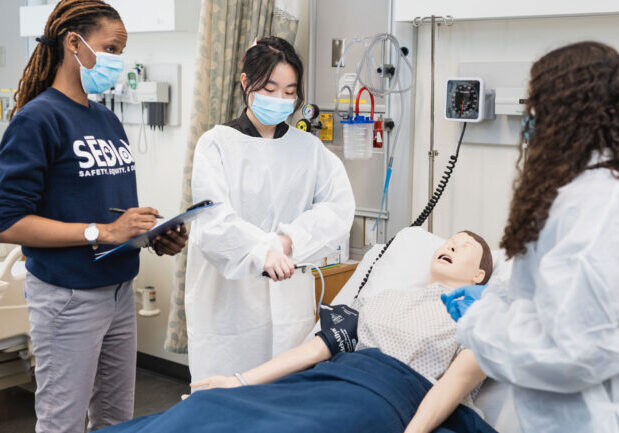
Centre for Healthcare Engineering partners with William Osler Health System to improve clinical practice
Professor Myrtede Alfred (MIE) is leading a new Academic Practice Partnership (APP) designed to drive innovation in research, education and clinical practice

Professor Milica Radisic elected fellow of the American Association for the Advancement of Science
Honour recognizes Radisic’s contributions to the field of organ-on-a-chip engineering

These tiny robotic tools powered by magnetic fields could enable minimally invasive brain surgery
Professor Eric Diller (MIE) and his collaborators have created a set of tools only a few millimetres in diameter, to grip, pull and cut tissue
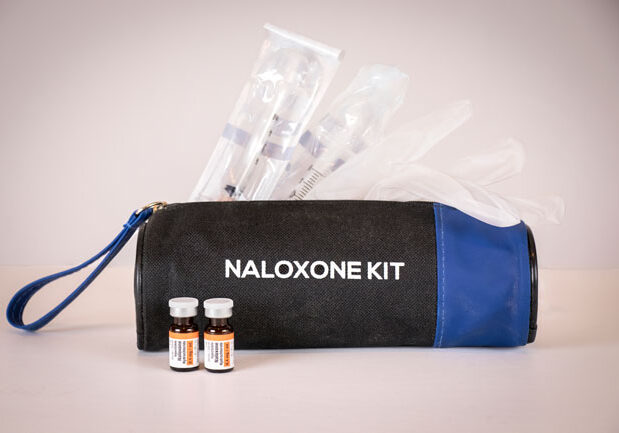
Where should we place naloxone kits to save the most lives?
Professor Timothy Chan (MIE) and his team conducted an analysis of the city of Vancouver, which suggests leveraging transit stops to improve the availability of naloxone

This new drug delivery method could offer long-lasting relief for eye diseases
Colloidal drug aggregates prolong effect of glaucoma medicine up to seven weeks with a single, non-invasive injection
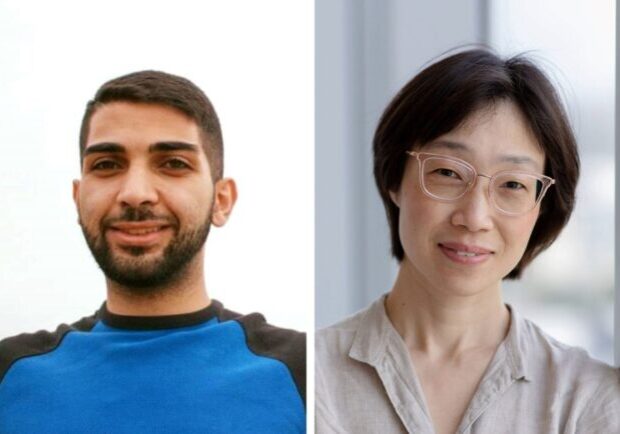
New study points to leg muscle as a potential early warning system for heart failure
Research led by Professor Hai-Ling Margaret Cheng (BME) opens the door to earlier treatment and better outcomes
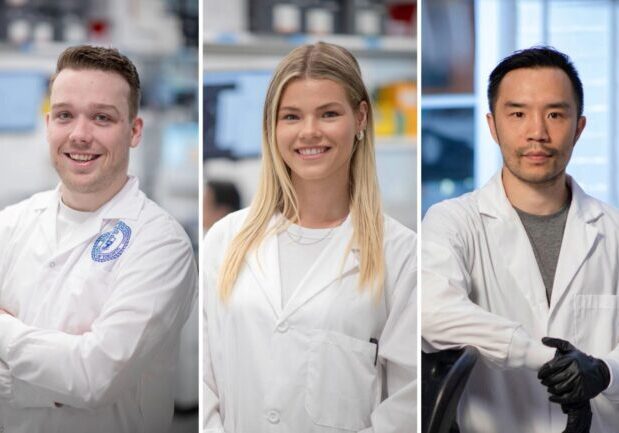
U of T Engineering researchers are designing synthetic immune complexes using DNA nanotechnology
This work could advance the understanding of immune system responses and pave the way for improved vaccines and immunotherapies

